Introduction: how has COVID-19 affected the purchases of automobiles?
First, we would like to introduce consumers' automobile purchase intentions under COVID-19. The graph here shows the results of a survey we conducted with consumers regarding the products they have decided not to purchase in 2020.

Although not as directly affected by COVID-19 as travel, automobile was also in the top 8 of the “not to buy list”. It is surprising that it even surpassed the rank of apartment.
In terms of actual purchasing activities, 2,880,527 cars were registered in 2020, which is also the first time since the Great East Japan Earthquake in 2011 that fewer than 3 million cars were registered.
It is hard to be optimistic in the automotive industry with a news report mentioned “all eight Japanese automakers had a 4.9% decline in net sales and a 16.6% decline in operating income”.
Delving deeper into the target by keywords & browsed sites
・Nearly half of those who decided to postpone their purchase plan wanted to accomplish it in 2021.
・“EV” searchers increased even during the COVID-19 pandemic.
・EV interest groups can be classified into 6 types based on search keywords.
However, it is not all pessimistic talk. Nearly half of those who put off their purchasing have indicated that they planned to complete their purchase in 2021.
Also, the graph below shows the number of “EV” searchers. Even under COVID-19, the number of searchers has increased significantly. It can be said that the consumer interest in automobiles, especially EVs, is high in the COVID-19 pandemic.

Investigation of the EV interest groups with search keywords
Then, what kind of people are interested in EVs? We clustered “EV” searchers by search keywords in the three hours before and after the “EV” search.

The clusters in order of volume are as follows:
① Cluster considering mainly domestic manufacturers (Domestic Car Cluster)
② Cluster interested in EVs through stock investment (Stock Investment Cluster)
③ Cluster considering mainly foreign manufacturers (Foreign Car Cluster)
④ Cluster concerning about charging facilities (Charging Facility Cluster)
⑤ Cluster that mainly considers small cars (Small Car Cluster)
⑥ Cluster concerning about subsidies for EV cars (Subsidiary Aid Cluster)
It is clear that even among those interested in EVs, their interests and the products they are considering are different.
We also found that the online activities of each cluster, such as the websites and apps they browse, are also different. The slide below shows a comparison of sites with high browsing rates between “Domestic Car Cluster” and “Foreign Car Cluster”.

It can be seen that the browsing sites of two clusters are different even the sites are all mainly related to automobiles.
Customer journey of the EV interest groups
By investigating the online customer journey of the EV interest groups, we also see that search activities differ depending on the funnels for information gathering about EVs.
Let's take a look at the search activities of an EV prospective consumer.

Initially, the focus of information gathering was on foreign cars such as BMW and Tesla, but gradually the axis of consideration shifted to domestic manufacturers, which are more accessible in price range compared to foreign ones.
In addition, while in the early period of consideration, the consumer gathered broad information on EVs and from different brands; in the late period of consideration, specific concerns such as charging fee of EVs were searched. At this point, Mazda was successfully contacted the consumer through web advertising. The consumer entered the Mazda website and ended up applying to estimate.
As each company has a different price range, it is important to know where and how to make contact in the consideration funnel.
Summary
As we have seen, the key points of marketing in the automotive industry under the COVID-19 pandemic can be summarized as follows.
One is that consumer interest in automobiles is on a recovery trend.
The second is that digital contact points are becoming increasingly important.

Until now, mass marketing has been the main battleground for automotive industry. However, when we look at the actual activities of consumers in their process of consideration, there are variations in their interests, and the need to consider approaches in each funnel emerged. It is expected that more sophisticated digital communication strategies will be required in the future.
About the "Dockpit"
The data in this investigation is from “Dockpit”, an analysis tool with online behavior log data and user demographic information under the permission of panelists in Japan presented by VALUES, Inc.
※The numbers of users are estimated by the data in the monitor and the internet population in Japan.
■※日本語での記事はこちらをご確認ください

withコロナの自動車業界 ~ 各社のWeb動向と消費者行動を徹底解説!|セミナーレポート | [マナミナ]まなべるみんなのデータマーケティング・マガジン
https://manamina.valuesccg.com/articles/1475コロナ禍で、オフライン営業や外出需要が減少する一方、中高年層のネット利用の増加や、リモートワーク下での地方への移住の増加など、自動車を取り巻く消費者のライフスタイルも大きく変化しようとしています。 また、EVや自動車サブスクリプションサービス等、新しいビジネスチャンスも注目を集めています。今回のセミナーでは、これらに焦点を当て、自動車メーカー各社のWeb動向や、消費者の最新の行動を解説しました。 ※詳細なセミナー資料は無料でダウンロードできます。記事末尾のフォームよりお申し込みください。


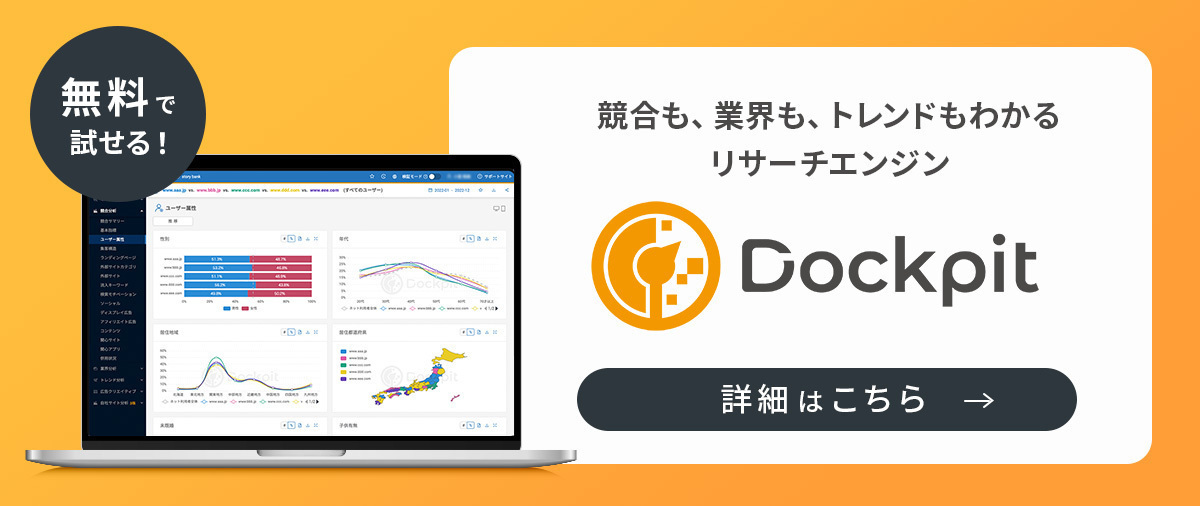
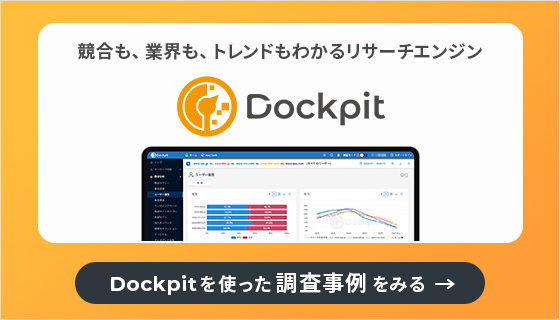
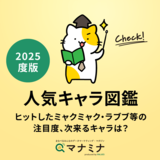

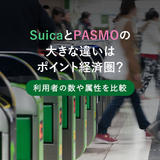



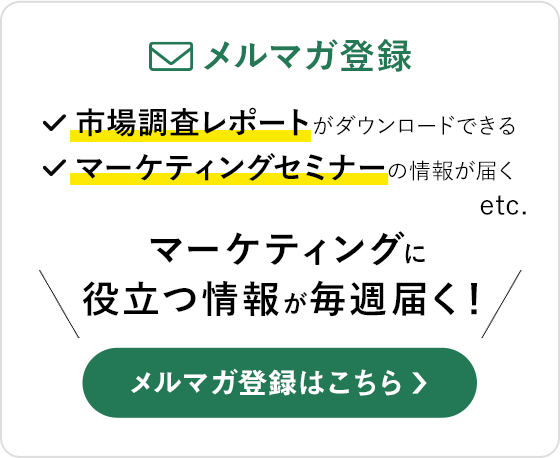






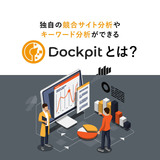
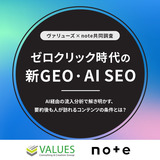



マナミナは" まなべるみんなのデータマーケティング・マガジン "。
市場の動向や消費者の気持ちをデータを調査して伝えます。
編集部は、メディア出身者やデータ分析プロジェクト経験者、マーケティングコンサルタント、広告代理店出身者まで、様々なバックグラウンドのメンバーが集まりました。イメージは「仲の良いパートナー会社の人」。難しいことも簡単に、「みんながまなべる」メディアをめざして、日々情報を発信しています。